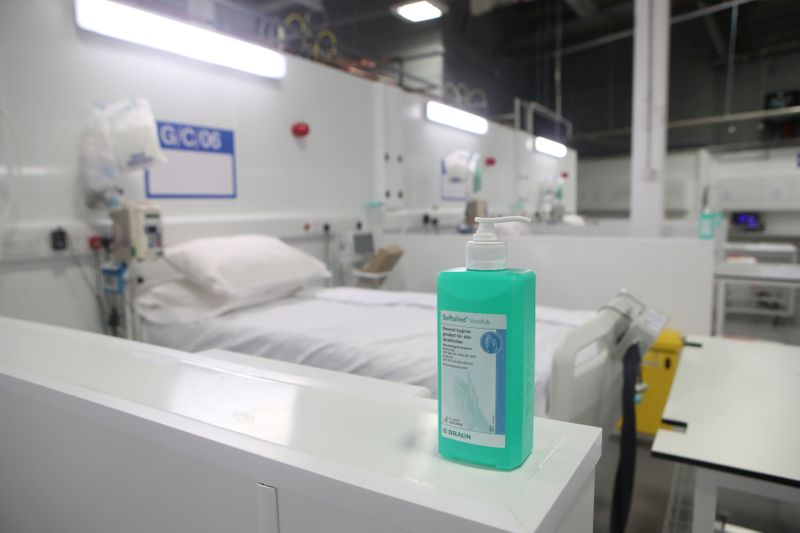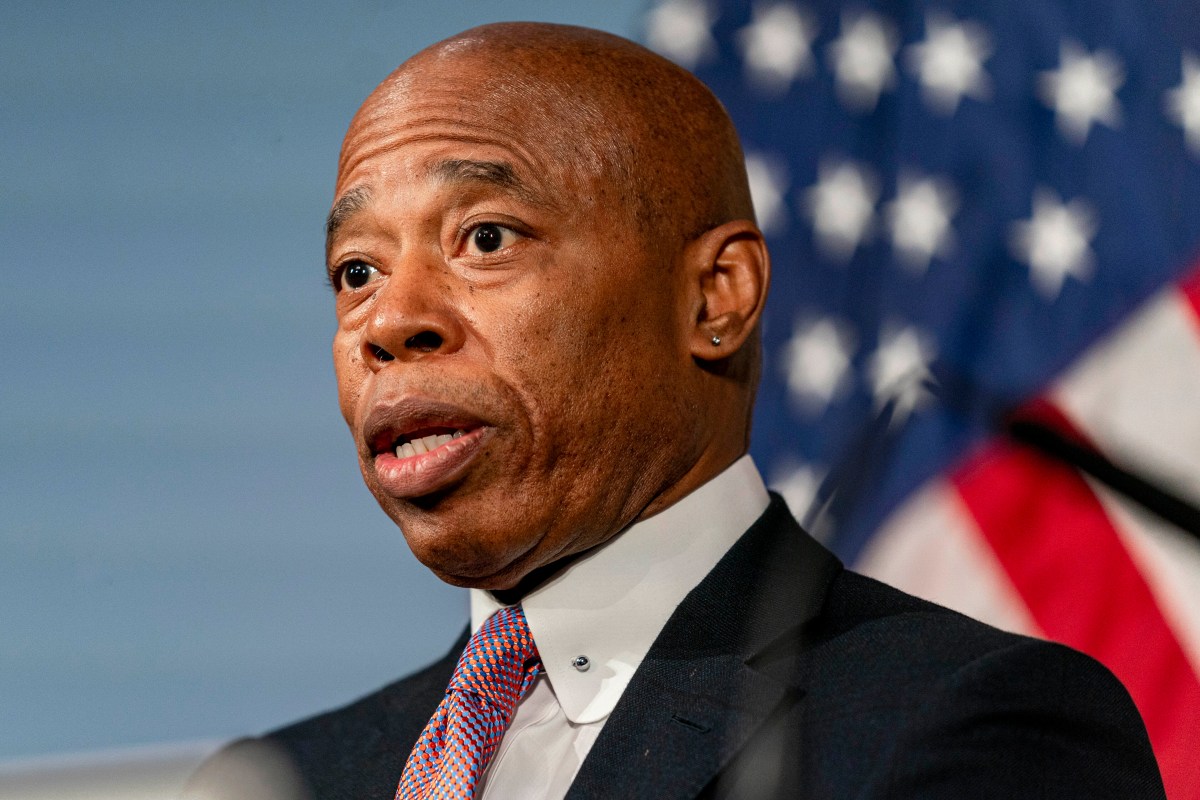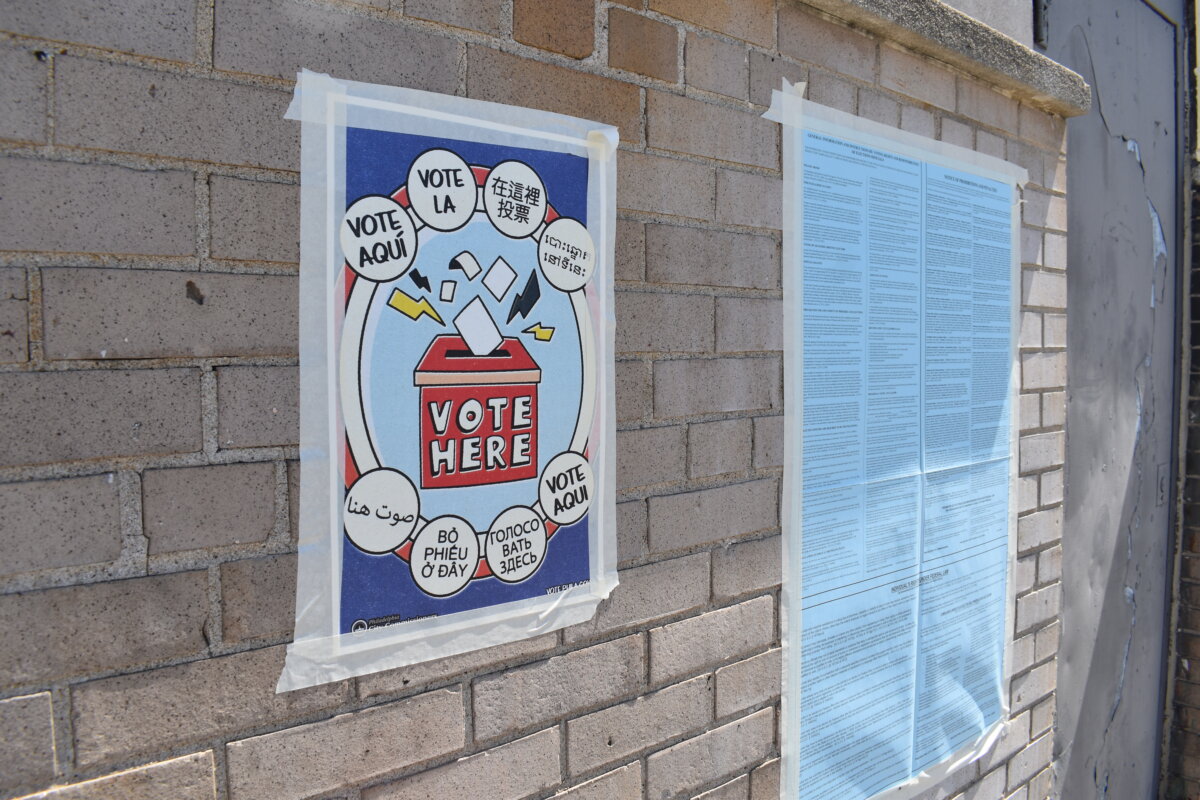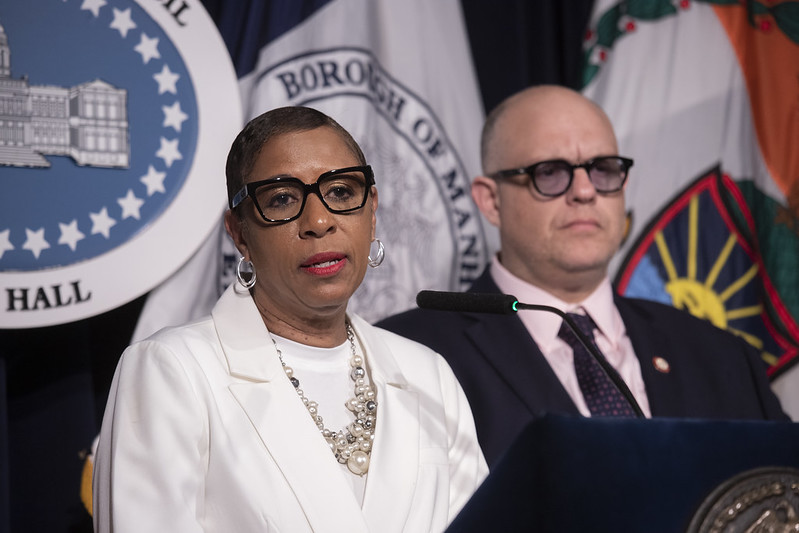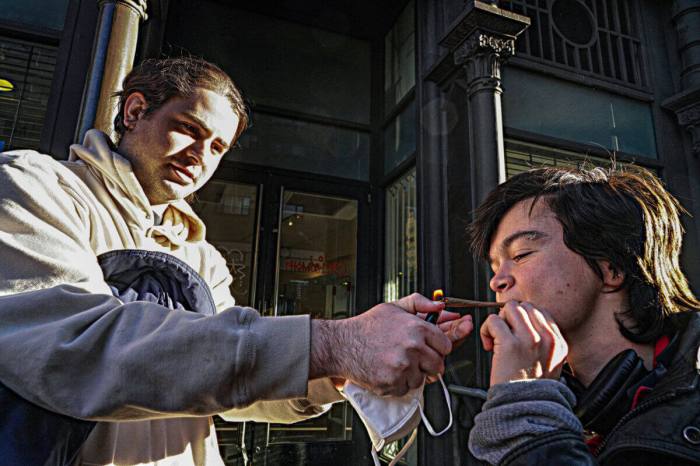(This June 23 has been corrected to remove reference to Ecobat, paragraph 4)
LONDON (Reuters) – Demand for lead-acid batteries from hospitals and food producers seeking more backup power during the coronavirus pandemic is helping battery and lead producers weather a collapse in orders from the auto sector. For high-quality lead producers such as Glencore’s <GLEN.L> Britannia Refined Metals, Ecobat Technologies and others, the additional demand from customers outside the car industry has helped keep price discounts in check during the pandemic.
Industrial batteries account for 20-30% of global lead consumption, while auto batteries account for around 55%.
Industries deemed as essential during the pandemic, such as hospitals, food producers and supermarkets, are stocking up on batteries produced by companies such as EnerSys <ENS.N> and GS Yuasa <6674.T> to power backup generators and uninterruptible power supply (UPS) systems.
A global move to working from home has also boosted demand from the technology firms who need to keep networks running.
Europe’s largest lead producer Ecobat said its sales on the continent held steady in the first quarter, compared with an estimated 10% drop in the sector overall.
“You have had some rather divergent fortunes in battery sales. Industrial batteries have kept the wolf from the door,” said David Summerfield, director of sales at UK-based Ecobat.
Sales were supported by new contracts for batteries, some for a few years, and higher demand from hospitals and telecommunications companies, which helped offset losses in the auto sector, he said.
Auto sales have plunged across the globe due to coronavirus-related restrictions, although manufacturers have started to ramp up production in recent weeks.
Also weighing on the auto sector are lockdowns, which have meant subdued demand from motorists for replacement batteries.
Wood Mackenzie estimates lead demand for industrial batteries will fall 3.6% this year to 2.63 million tonnes, while demand for auto batteries will drop 6.5% to 7.95 million tonnes.
“The situation for some battery makers would have been much worse without industrial demand,” said Wood Mackenzie lead analyst Farid Ahmed, who expects total lead demand this year to fall 5.9% to 12.14 million tonnes.
Declining demand has pushed prices benchmark prices for lead <CMPB3> down 8% this year.
They are starting to stabilise at around $1,760 a tonne, although BMO Capital Markets expects prices to average $1,700 a tonne in the fourth quarter even with a marginal recovery in demand.
Greater use for energy storage fuelled 3.5% annual growth in demand for industrial batteries over 2011-2019, Ahmed said.
During the pandemic, U.S.-based Exide Technologies said it sold 7,000 batteries to one hospital in Europe alone.
“Due to the Covid19 situation, we are experiencing a temporary increase in inquiries and quotations in the area of stationary, UPS applications, used for example in the healthcare sector, telecommunications or even in the retail sector (food industry),” Exide said in an emailed statement.
Japan’s GS Yuasa <6674.T> said it supplied batteries to London’s Nightingale hospital – one of a handful of hospitals in the UK built within weeks to cope with coronavirus patients – but did not give figures.
Supermarkets require extra power backup as they have expanded services and shifted more goods around during the pandemic, while a surge in the numbers of people working from home has spurred rising demand for cloud computing services.
“This recession has turned the market on its head because industrial demand is doing well, whereas in a typical downturn that would be the first area which would fall away,” said CRU Group analyst Neil Hawkes.
Those battery makers that have relied too heavily on the car industry have been caught out.
The German arm of French lead producer Recylex <RXPA.PA> was forced into insolvency last month after the auto sector shut down, while Clarios, the world’s biggest automotive battery maker, had its credit ratings downgraded by both Moody’s and Fitch due to the business impact of the coronavirus.
Fitch said weaker market conditions facing Clarios were expected to last for at least the next two years.
(Reporting by Zandi Shabalala; editing by Pratima Desai and Susan Fenton)

